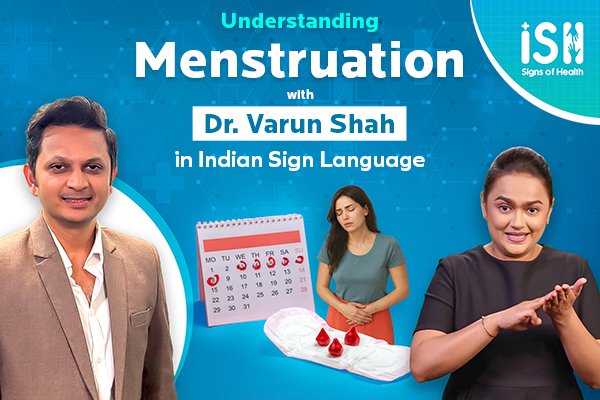New Scam Alert: Whatsapp Calls From International Numbers
Stay alert from these new type of Whatsapp scams via international calls in India! Here is how these frauds are happening.
Have you been receiving calls on WhatsApp from unknown numbers? Do the calls show IDs that don't even belong to India? Are there international numbers? If you've received such calls in the last few days, don't worry – you're not alone.
We will explain how this is happening, whether there are any risks associated with it – and how to protect yourself against such scams. Several WhatsApp users have reported that they received calls from unknown international numbers. These may include numbers from Ethiopia (+251), Malaysia (+60), Vietnam (+84), Indonesia (+62), Kenya (+254) and several other countries. This can have 2 explanations:
-
The numbers shown seem to originate from some countries, which may have no strict rules like identity proof check or something for taking a new sim card.
-
It is possible that a fraud person is from India, and has identified these countries and is having new numbers on an on-going basis.
There is no information on who these callers are and why they use WhatsApp for this scam. It is not even clear how these calls can affect users and who is tracking them. When someone sees a miss call from such numbers, they may message the caller or call them back, at which point, it is possible the fraud person will start to lure them as they would have done in any other email or call scam.
Karan Saini, Security Technologist at the Centre for Internet Society actually messaged one of the numbers he got a call from to see what would happen. Here is what he found out: Once he messaged one such number, he immediately got a response (most probably from a bot) asking whether he would like some "part-time" work. All he has to do is search certain keywords they will provide to him on Google and he will get Rs 2,500 per day.
Sounds too good to be true, right? That's how you know it's fake. When he agreed to the deal, just to see what happens next, he got an even more detailed structure of the job description. One more reason why people tend to trust these numbers is that they are sometimes from a business account.
Saini said that WhatsApp has made it almost effortless for an individual to acquire a business account. This is what the scammers are taking advantage of. Hence, WhatsApp will have to address this issue quickly. This raises the question of whether WhatsApp is selling data from Indian users. It is crucial to ask WhatsApp and Facebook about their data policies and how user data is being used.
It is also important to note that in the past, Facebook and WhatsApp have been known to sell user data to third-party companies for targeted advertising. India needs to implement stronger data protection laws like those in Europe to protect the privacy of its citizens. If data privacy is compromised, it can lead to various fraud activities, and the users may fall prey to scams and other fraud schemes.
Whatsapp has also said a few things in this matter, "We apply spam detection technology to keep a check on such suspicious numbers. We have a grievance officer based in India who can be contacted if a user has a concern about their experience.” It also stated that it has launched a marketing campaign "stay safe with WhatsApp" to educate users about its in-built product features and safety tools like Two-Step Verification, Block and Report, and Privacy controls, as safeguards to help protect users from online scams, frauds.
In the event of such scams happening, there are a few steps that individuals can take. Firstly, they should report the scam to the concerned authorities, such as the police or cyber crime cell. Additionally, they should inform their bank if any financial information has been compromised and change their passwords on all accounts.







